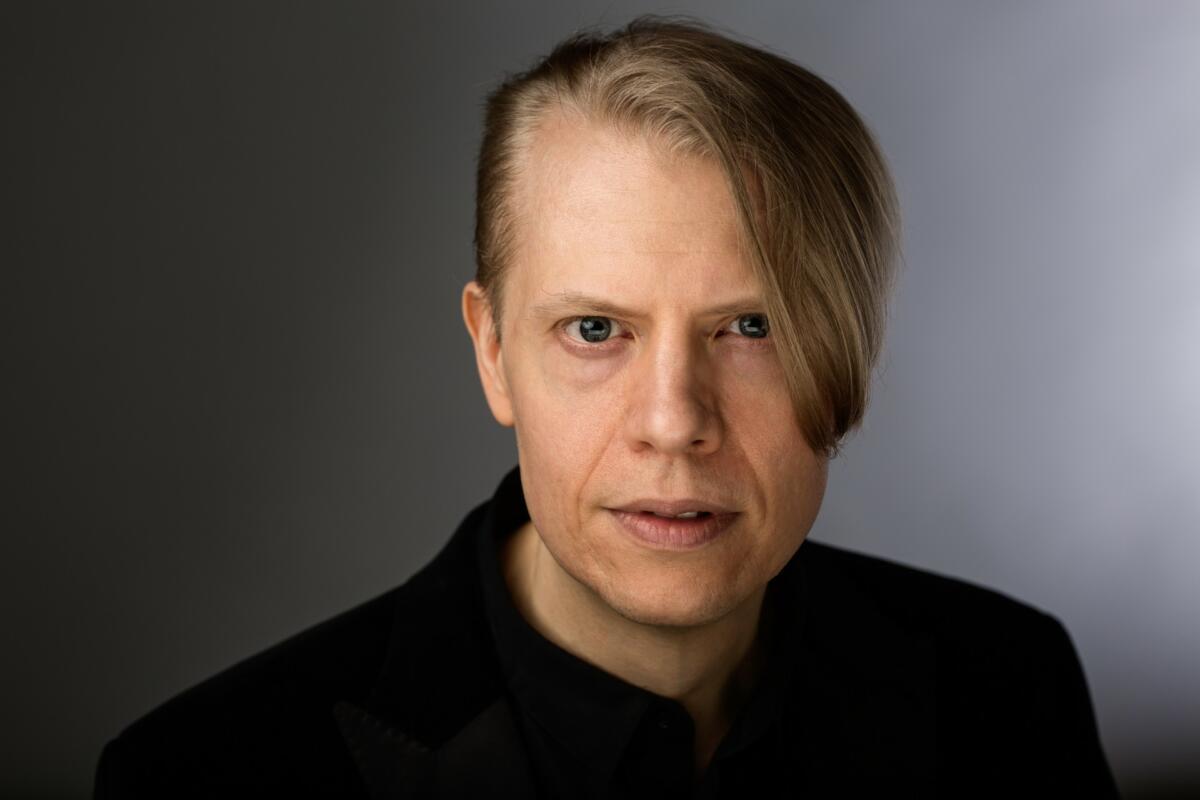Visa-Pekka Mertanen offers new perspectives on synthesizer-improvised jazz
The expressive possibilities of the synthesizer challenge the musician to think like an arranger.

Synthesizers are everywhere: since the 1970s, much of the music we hear in car radios, hotel lobbies and workplace break rooms includes synthesizers. As instruments, synthesizers may have gained more prominence in music of the 21st-century than electric guitars.
In his artistic doctoral project, jazz musician Visa-Pekka Mertanen, known by the stage name Visa Oscar, presents perspectives on synthesizer improvisation in jazz through the solos of five legendary jazz musicians. In his research, he delves into improvisations recorded by Jan Hammer, Joe Zawinul, George Duke, Chick Corea and Michael Brecker, focusing on pieces such as Black Market and Got a Match? The selected solos represent the tradition of jazz improvisation and the peak moments of synthesizer use in the 1970s and 1980s jazz fusion, showcasing different ways to use synthesizers and effects to expand expressive power.
“I’ve always seen myself as a player of two different instruments – the piano and the synthesizer. Although the ‘interface,’ meaning the keyboard, is similar, they each have their own distinct tradition. I want to highlight how the first generation of masters influenced the expressive possibilities of the jazz synthesizer,” says Mertanen.
Research methods include imitating the masters
Mertanen’s artistic doctoral degree includes four doctoral concerts, featuring compositions and commonly performed pieces by the musicians he studied, as well as one recording – a release of his own compositions titled “Looking Back, Reaching Forward” (Sibis Jazz/Sony Music Entertainment Finland, 2022).
Additionally, his doctoral work includes a thesis, in which he analysed and transcribed selected solos and produced imitation videos. His research approach was artistic and practice-based, with a focus on learning playing techniques and improvisation traditions by mimicking the performances of the masters. In his transcription analysis, Mertanen examined aspects such as rhythm, melody, harmony, timbre as well as the impact of the synthesizer’s real-time controls on sound enhancement.
The synthesizer is an expressive instrument
With his research, Mertanen aims to demonstrate that, in the hands of a skilled player and using real-time controls, synthesizer sound can achieve the same richness of nuance as the sound produced by acoustic instruments.
“The synthesizer is capable of creating many different timbres and imitating the characteristics of all acoustic instruments. In this case, the musician must think like an arranger, and the playing style must adapt to the chosen sound.”
Mertanen’s analysis offers a new understanding of how improvisation can be executed and developed using electronic instruments while respecting the traditions of jazz.
Visa-Pekka Mertanen’s doctoral degree, Perspectives on Jazz Synthesizer Improvisation: Analyzing Recorded Solos by Jan Hammer, Joe Zawinul, George Duke, Chick Corea, and Michael Brecker, will be examined at Uniarts Helsinki’s Sibelius Academy in the Black Box Hall of the Helsinki Music Centre (Töölönlahdenkatu 16) on 31 January 2025 at 2.00 p.m. The event will be held in English.
More information
Visa-Pekka Mertanen
visa.mertanen@gmail.com
https://visaoscar.com/